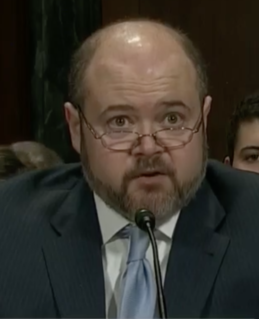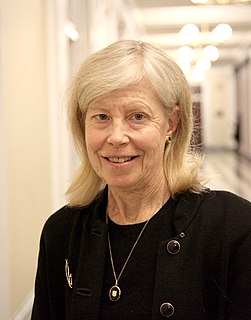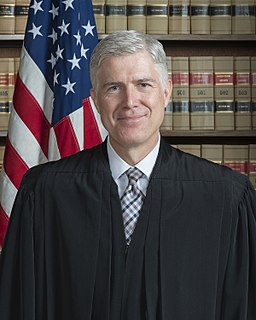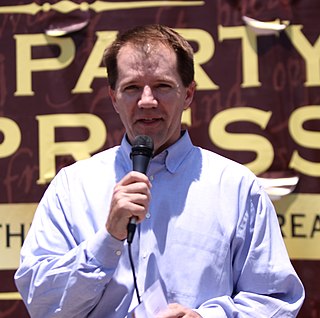A Quote by Edwin Meese
Democracy demands that judges confine themselves to a narrow sphere of influence - that is why the late Alexander Bickel called the judiciary the 'Least Dangerous Branch.' In a world governed by a proper conception of their role, judges don't play at being legislators - they leave that job to our elected representatives.
Related Quotes
How we decide the vexed issue of the method of selection of judges of the Supreme Court and the high courts would determine the future of our democracy and the rule of law in the country. We are faced with the twin problem of selecting the best judges and also ensuring that the judiciary would be insulated from executive interference.
You can understand why the original framers of judicial ethics thought it would be undignified and would call into question the legitimacy of the judicial decision-making process to have mudslinging by judges, but the way that we hobble people of enormous integrity from defending themselves is, I think, deeply problematic in states where you have an elected judiciary, or a judge is subject to recall.
The United States Constitution builds politics right into the process of selecting federal judges. This third branch, the judiciary, is designed to have a longer view. To have individuals who are more insulated from politics. They're not elected directly. They're appointed for life. So, politics enters, but it's also, controlled. And if you bypass this process, I'm not sure what we do.
My concerns through the years increased about the concerns of an independent judiciary and how we maintain it. Certainly in the states. I'm a product of state government in my own state of Arizona. And it seemed to me that the popular election of judges was creating major problems in many states, and we had improved the system in Arizona. And I thought the nation ought to at least rethink how we select our nation's trial judges in the states.



































